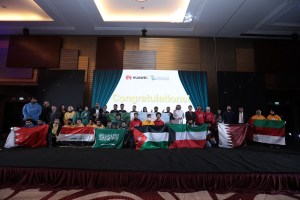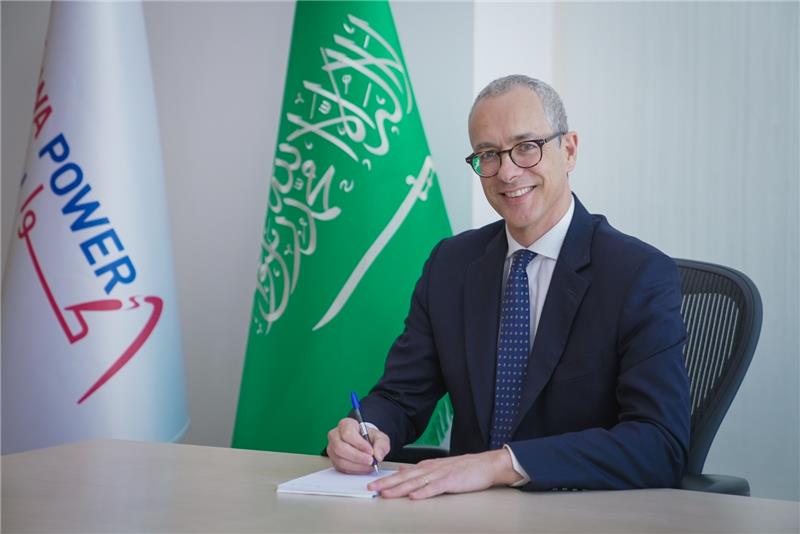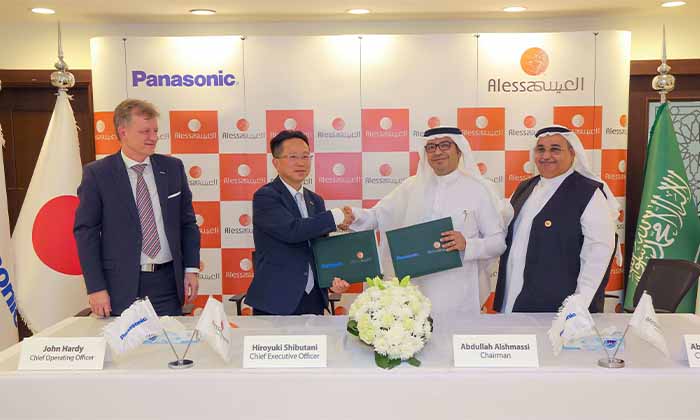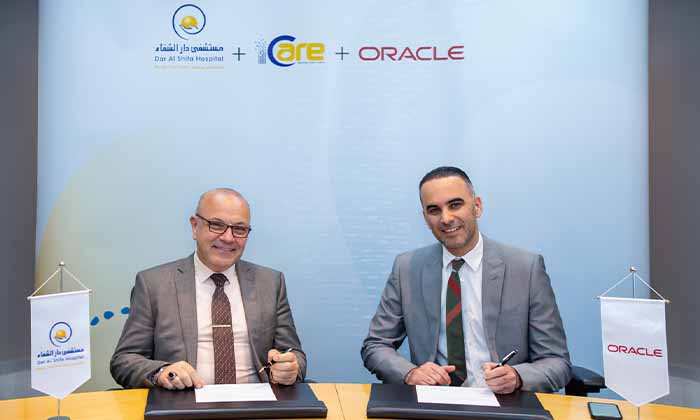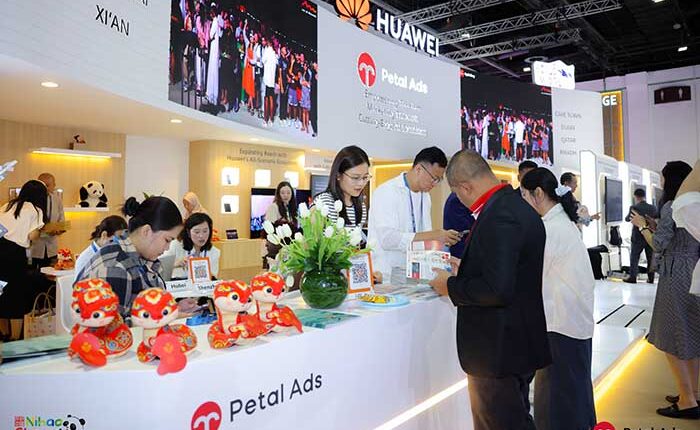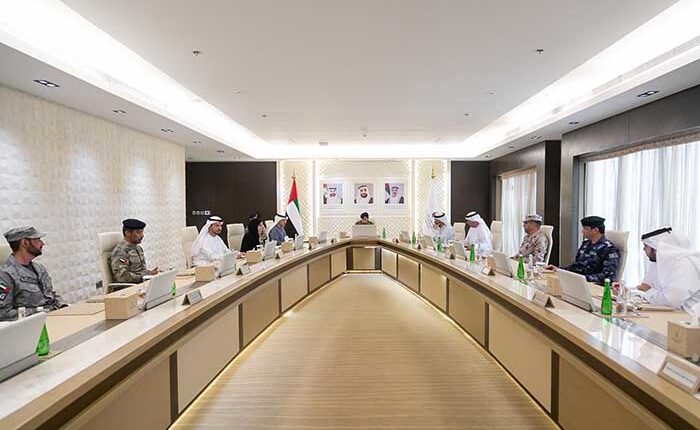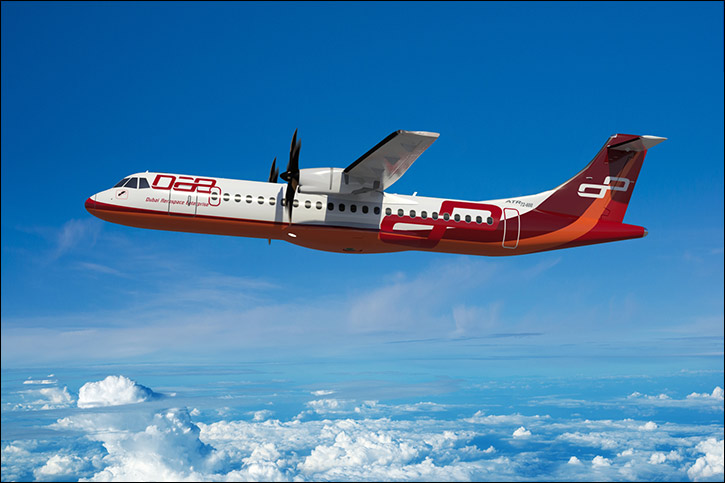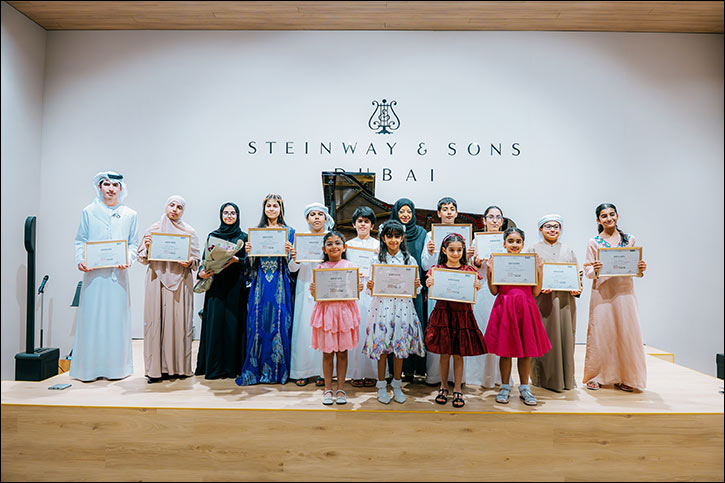Regional winners excelled from more than 15,000 participants from local markets across the Middle East
-
A team from Pakistan won first place with the grand prize of USD20,000
-
Second place went to a team from Lebanon and a team Pakistan
-
Third place was awarded to two teams from Iraq and a team from Jordan
Middle East: The Huawei Middle East ICT Competition 2021 has now concluded, with winners of the annual event being announced following several months of national and regional competitions between some of the region’s brightest young minds and leading academic institutions. This year’s competition saw 13 teams of talented students compete from 10 countries and 453 local colleges and universities in the Middle East, and the final ceremony took place in Saudi Arabia physically and virtually.
The 2021 edition of Huawei Middle East ICT Competition witnessed the company teaming up with various public partners, such as ministers of education, telecom regulators, and youth empowerment authorities with the aim to develop the local ICT ecosystems, nurture young talent and encourage innovation amongst the next generation of ICT leaders. Throughout the competition, the participants received trainings and world-class knowledge from Huawei experts, followed by a national exam which was held in their local countries, and continued to the final stage which included a 6-hour practical exam to determine the final winners.
The final ceremony commenced with an opening speech by Steven Yi, President of Huawei Middle East, in the presence of Shunli Wang, Vice President of Huawei Middle East, Dr. Zhan Tao, director of UNESCO IITE, and the Ambassadors to China from some participating countries in the competition who delivered welcoming speeches, and then celebrated the competition’s top winners and acknowledged the outstanding participants.
This year, a team from Pakistan comprising students from Mehran University of Engineering and Technology, Jamshoro and Islamiya University Bahawalpur won the first prize of USD20,000. The second place went to a team from Lebanon comprising of students from American University of Science and Technology (AUST), Lebanese University, and Notre Dame University-Louaize (NDU) University, and a team from Pakistan comprising of students from Government College University, Faisalabad, Virtual University, Islamabad, and Mehran University of Engineering and Technology. The third prize was won by two teams from Iraq comprising of students from Salahaddin University-Erbil, Lebanon French University-Erbil, Anbar University and Cihan University, as well as a team from Jordan comprising of students from Al- Balqa Applied University. Other award categories included: Excellent Partner award, Excellent Academy award, Excellent Tutor award and Outstanding Performance award. The winners received valuable prizes including trophies and certificates as a recognition for their accomplishments.
Dr. Zhan Tao, director of UNESCO IITE, said: “I am very delighted to witness such innovation among Middle East youth in this competition. UNESCO IITE maintains good cooperation with Huawei on ICT talent development. As our joint report on Middle East ICT talent for digital transformation insight report shows, cultivating ICT talent remains one of the current priorities and requires the joint efforts of governments, international organizations, universities, and enterprises. Huawei has been a long-term supporter of global ICT talent development. The successful holding of the ICT Competition for many years has brought a positive impact on ICT talent development.”
Commenting on the final results, Steven Yi, President of Huawei Middle East, said: “On behalf of Huawei, I would like to congratulate all our winners and the efforts of all those who participated in this year’s competition. It’s now more important than ever to empower and support young talents to develop their ICT skills and play a key role in achieving their national development plans. At Huawei, we are honored to offer our global expertise and world-class technologies in order to bridge the gap between the classroom and the workplace, and in turn, further drive the digital economy for a successful future in the region.”
He continued: “We firmly believe in the importance of openly collaborating openly with our partners in the public and private sectors, as well as educational institutions with the aim to strengthen the skills of local ICT talents and encourage them to participate in the digital transformation journey.”
Launched in 2017, the Huawei ICT Competition has witnessed the participation of over 75,000 students across the Middle East and today, has become one of Huawei’s most influential competitions. Last year, the company collaborated with more than 20 ministries and 442 institutions, with over 15,000 students participating in the competition. Last year also saw the launch of the first “Innovation Track” to guide students in their development and provide a platform for realizing specific capabilities and applications in the Middle East.
The Huawei Middle East ICT Competition is one of several CSR initiatives undertaken by Huawei to nurture talent for Middle East youth. Together with the Huawei ICT Academy, the Huawei Innovation Competition, Seeds for the Future program, joint university labs, and other initiatives, thousands of young people in the region benefit from an advanced skills development pipeline every year, equipping them with the necessary skills to lead digital transformation and development efforts within their country.
About Huawei:
Founded in 1987, Huawei is a leading global provider of information and communications technology (ICT) infrastructure and smart devices. We have more than 197,000 employees, and we operate in more than 170 countries and regions, serving more than three billion people around the world.
Our vision and mission is to bring digital to every person, home and organization for a fully connected, intelligent world. To this end, we will drive ubiquitous connectivity and promote equal access to networks; bring cloud and artificial intelligence to all four corners of the earth to provide superior computing power where you need it, when you need it; build digital platforms to help all industries and organizations become more agile, efficient, and dynamic; redefine user experience with AI, making it more personalized for people in all aspects of their life, whether they’re at home, in the office, or on the go.
